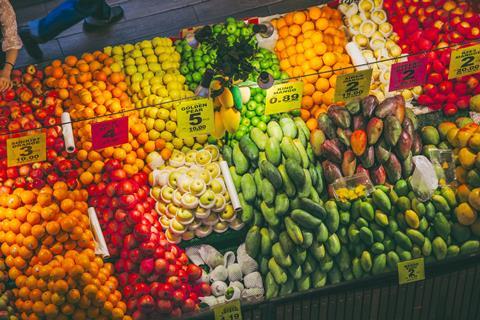Sales and service tax aimed at bolstering demand for local produce set to begin on 1 July

The Malaysian government has announced plans to expand its national sales and service tax (SST) from 1 July, including a new 5 per cent rate on imported fruit.
In an interview with Free Malaysia Today, treasury secretary-general Johan Mahmood Merican said the change was designed to encourage the consumption of local agricultural products and strengthen the nation’s food security.
“Optional goods with alternatives are subject to 5 per cent SST, but locally produced fruits are not subject to the sales tax,” said Merican.
He said the move is part of wider efforts to support local growers and reduce dependence on foreign supply chains for food, adding the Federal Agricultural Marketing Authority is working to improve the quality of local products, such as honeydew and pineapples, to offer high-quality and affordable alternatives.
In an interview with The Star, Ameer Ali Mydin, managing director of wholesale and retail chain operator Mydin Mohamed Holdings, said Malaysia does not produce enough fruit to meet local demand, making imports essential to ensure a consistent supply.
“Fruits are a basic necessity, just like protein. While local varieties such as watermelon and bananas are available year-round, supply is insufficient,” he said.
“Seasonal fruits like rambutan, mangosteen and langsat are not always in season, so imported fruit is necessary. Otherwise, are we expected to survive on just watermelon and bananas?
“Our climate doesn’t support the cultivation of all fruits, such as apples, oranges and pears. Even strawberries are challenging to grow due to limited land in places like Cameron Highlands.”
“The government has yet to release an exemption list, so for now, we have to assume all imported fruits will be taxed. The Prime Minister often refers to avocados, but not everyone eats them.”
Mydin said more information about the tax and what items would be affected is needed.
“The government has yet to release an exemption list, so for now, we have to assume all imported fruits will be taxed. The Prime Minister often refers to avocados, but not everyone eats them,” he said.
“We need transparency about what this tax actually covers. Labelling it a luxury tax is misleading and risks widening the gap between inco



